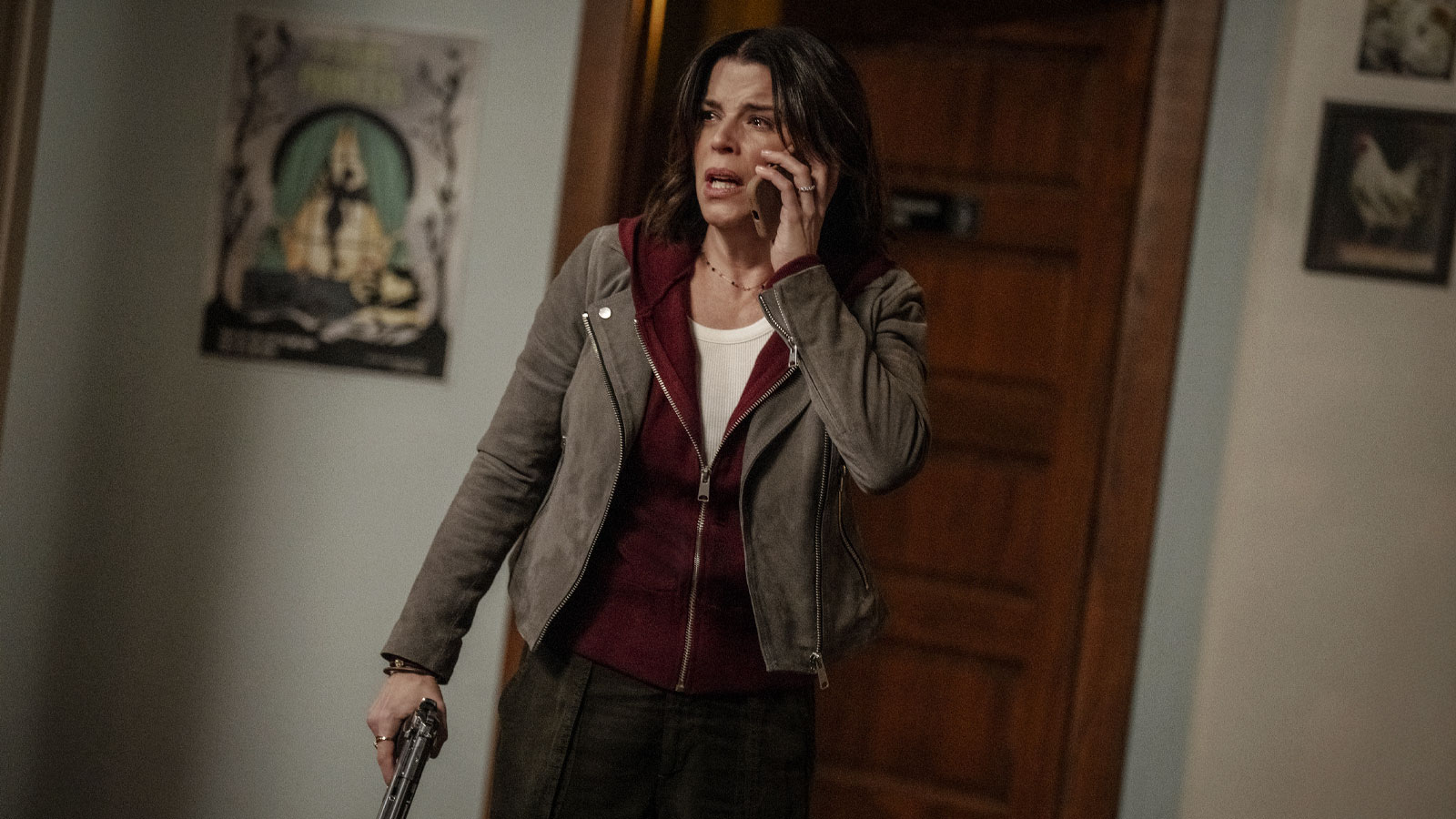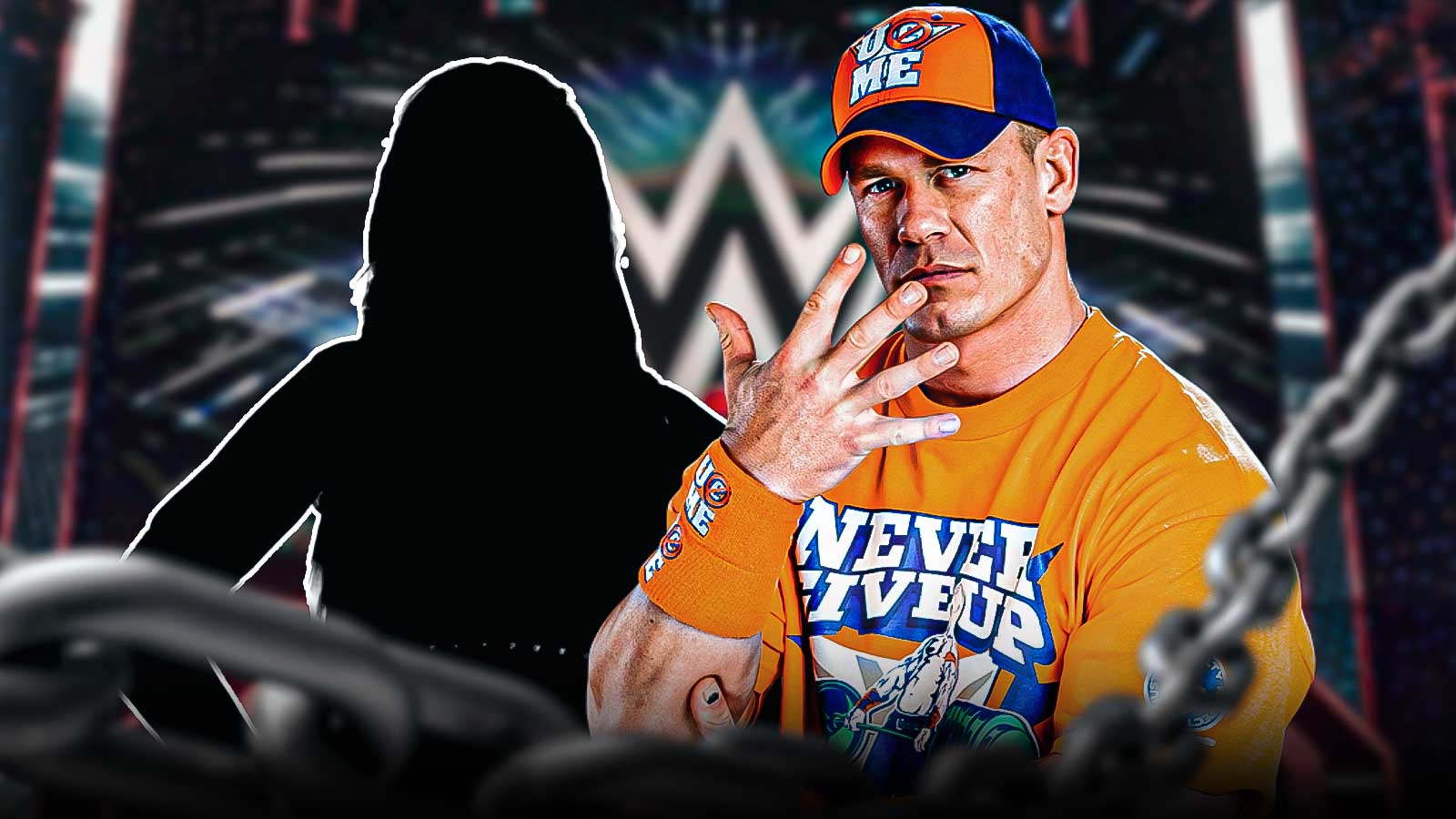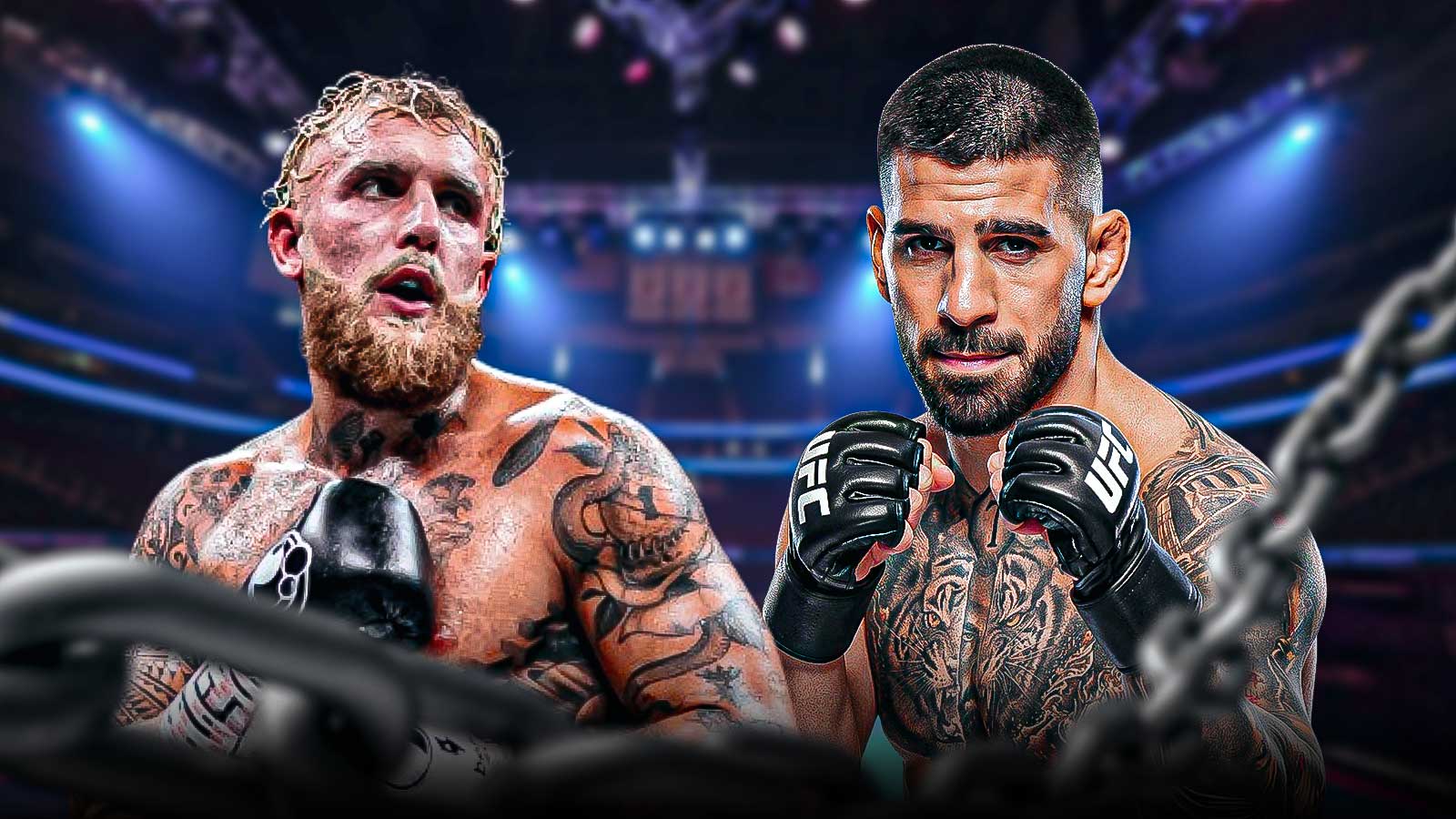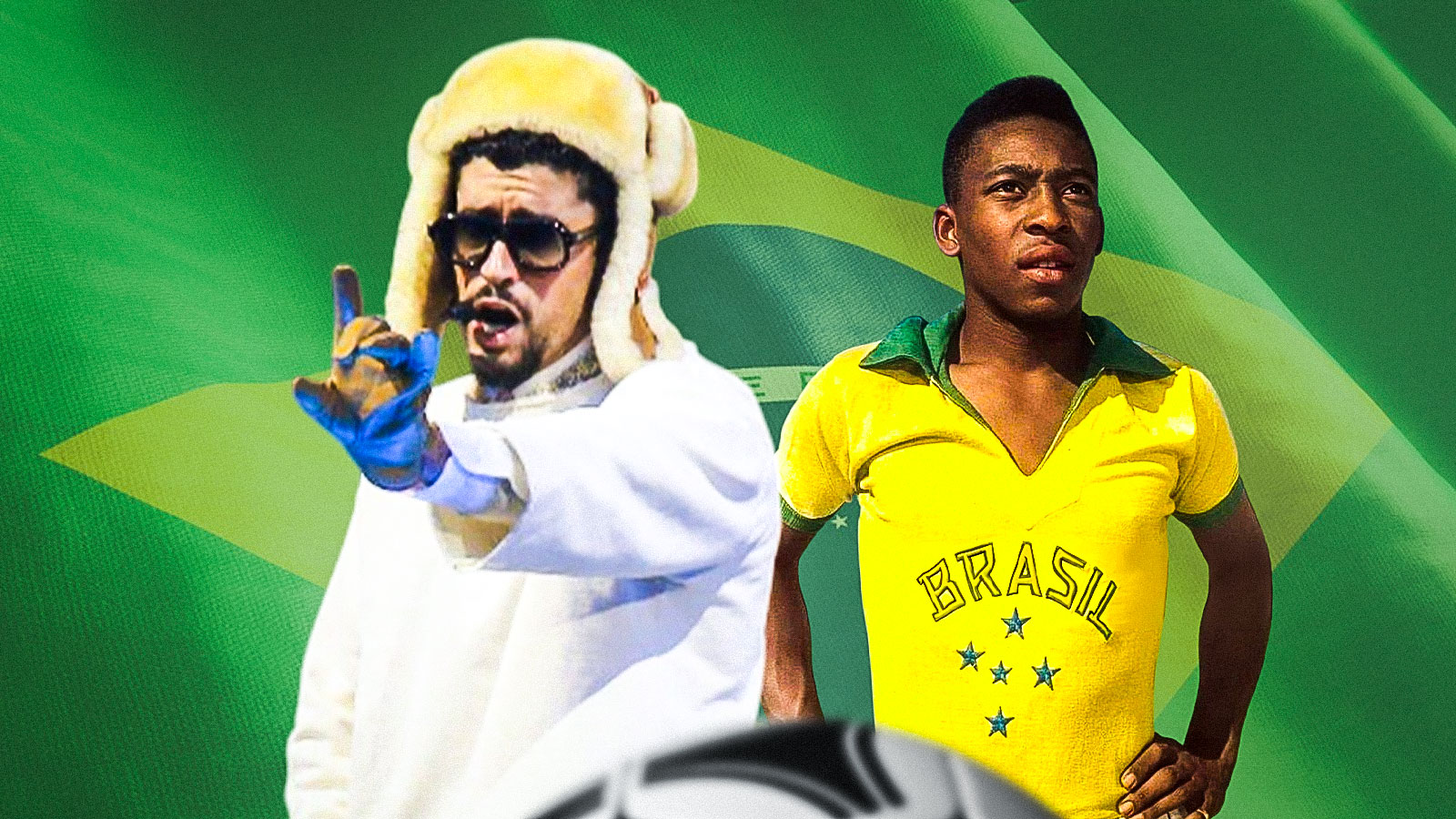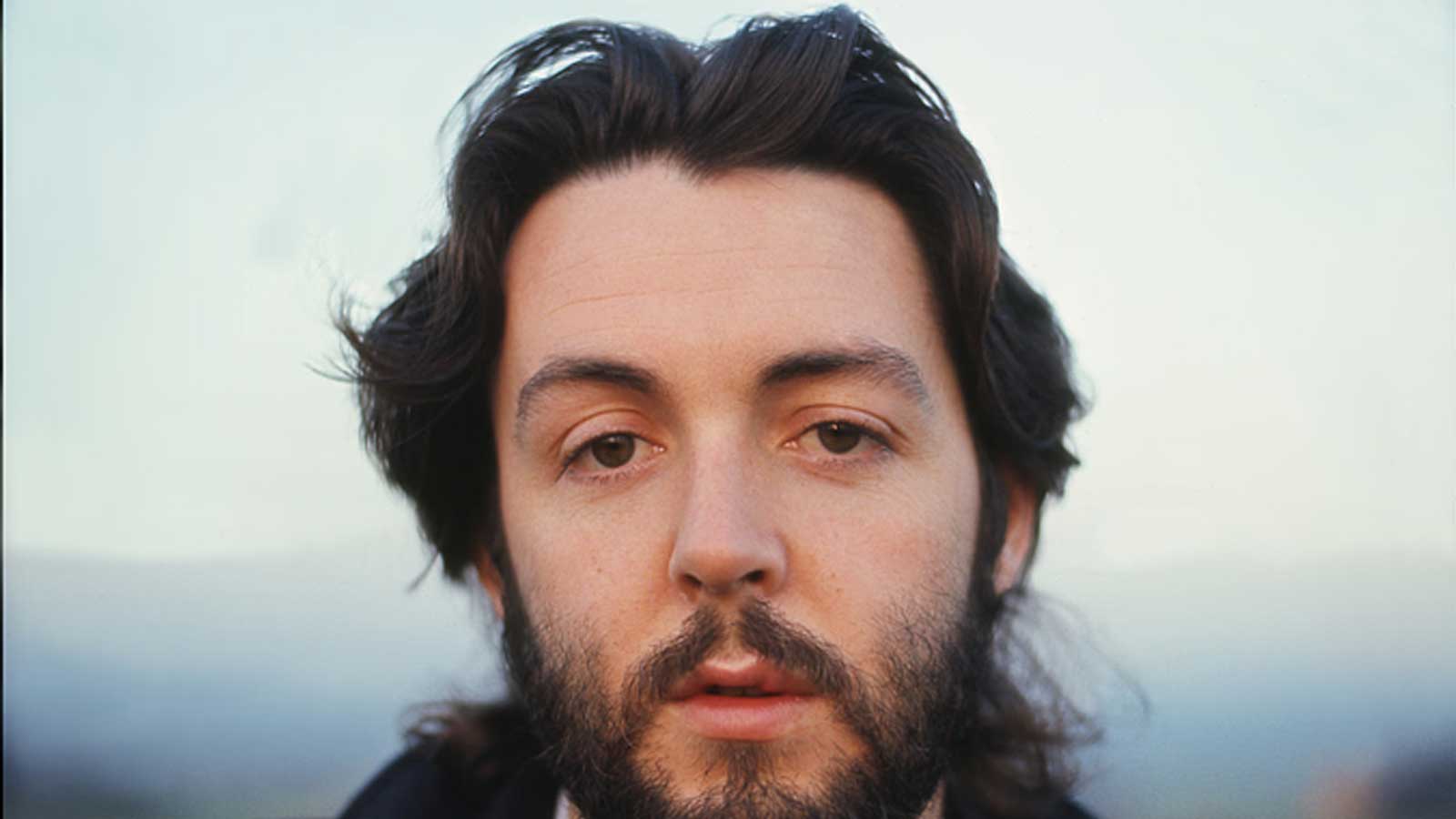Renowned author J.K. Rowling has once again made headlines, this time for her unyielding stance on trans rights and her strained relationship with former Harry Potter stars Daniel Radcliffe and Emma Watson, per People. Rowling's outspoken views on the transgender community have sparked controversy in recent years, leading to a public rift between herself and the actors who once brought her iconic characters to life on the big screen.
Rowling's Critique of Gender Care Treatments and Response to Radcliffe and Watson
In the wake of a BBC report criticizing gender care treatments for young people, Rowling took to social media to express her concerns about the lack of evidence supporting such interventions. The report highlighted the “remarkably weak” evidence base for gender services and raised questions about the long-term outcomes of treatments like puberty blockers. Pediatrician Dr. Hilary Cass emphasized the need for more research into the effects of these interventions, particularly on young individuals.
J.K. Rowling says she won’t ‘forgive’ Daniel Radcliffe and Emma Watson for disagreeing with her transphobia. pic.twitter.com/Rm7ERT7PM3
— Pop Base (@PopBase) April 11, 2024
Rowling, known for her vocal opposition to certain aspects of the trans rights movement, seized the opportunity to reiterate her views on the matter. Responding to a user's speculation about Radcliffe and Watson offering her a public apology, Rowling made it clear that forgiveness was not forthcoming. She criticized celebrities who supported the transitioning of minors and expressed solidarity with detransitioners and women reliant on single-sex spaces.
The strained relationship between Rowling and her former stars has been brewing for some time, exacerbated by their divergent views on transgender rights. While Radcliffe and Watson have been vocal supporters of the transgender community, Rowling has drawn criticism for her comments on social media and in public statements. The clash of ideologies has created tension between the author and the actors who once portrayed her beloved characters.
Radcliffe and Watson's Support for the Transgender Community
Radcliffe and Watson have remained steadfast in their support for the transgender community, standing firm in their convictions despite Rowling's criticisms. In response to Rowling's viral comments in 2020, Watson affirmed her support for trans individuals, declaring that “trans people are who they say they are.” She also expressed her love and respect for her transgender followers, reaffirming their identities and worth.
Similarly, Radcliffe penned an essay for The Trevor Project, a nonprofit organization focused on suicide prevention among LGBTQ+ youth, where he expressed his support for the transgender community. He acknowledged the pain caused by Rowling's comments and apologized for any harm they may have inflicted. Radcliffe's actions reflect his commitment to inclusivity and empathy, as he seeks to stand in solidarity with marginalized communities.
Implications for Rowling's Relationship with Warner Bros.
Rowling's controversial stance on trans rights has not only strained her relationships with Radcliffe and Watson but also affected her longstanding partnership with Warner Bros., the studio responsible for bringing her wizarding world to the big screen. Despite the tension, Warner Bros. has announced plans for a reboot of the Harry Potter saga as a television series for its streaming platform, Max, slated for release in 2026.
While J.K. Rowling remains involved in the new project, her position on trans issues has undoubtedly created challenges for the studio. The delicate balance between honoring her creative contributions and addressing the concerns of fans and stakeholders underscores the complexity of the situation. As Warner Bros. navigates the future of the Wizarding World franchise, the rift between Rowling and her former collaborators remains a significant factor to consider.
In the ever-evolving landscape of entertainment and social activism, the clash between Rowling's convictions and her former stars' advocacy highlights the intersection of art, politics, and identity. As the debate over trans rights continues to unfold, the fallout from this public feud serves as a poignant reminder of the power of words and the enduring impact of ideological differences.








